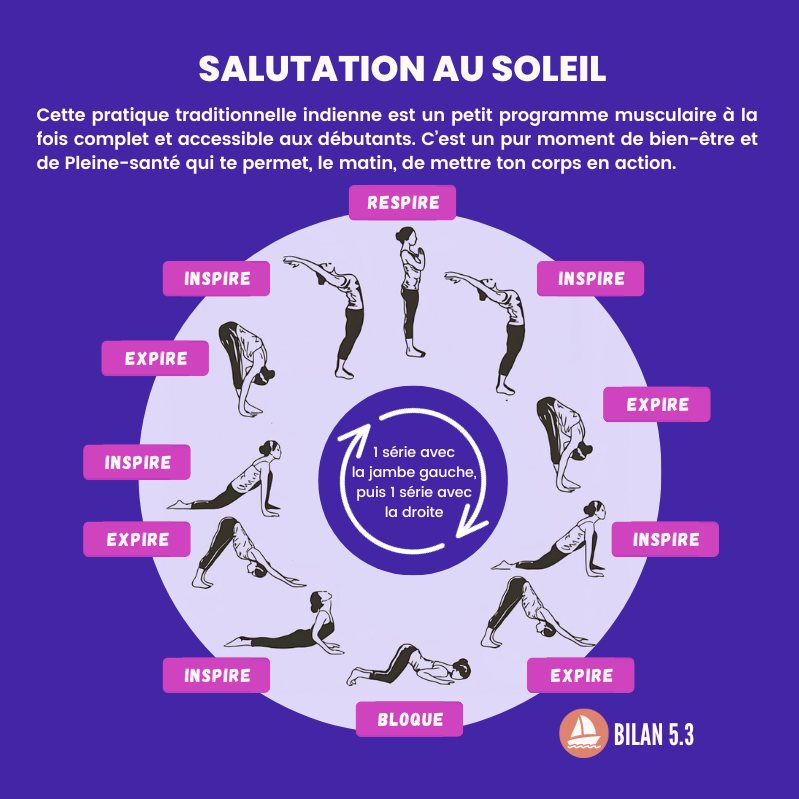The better the weather in the morning, the happier and more satisfied employees are at work. Bad weather is an indicator of fatigue and dissatisfaction but does not modify feelings of professional exhaustion and stress.

- Ultimately, these results could support the development of initiatives aimed at improving employee well-being.
- Aspects beyond job design affect employee well-being at work.
The weather can greatly affect daily experiences, for example, increasing or decreasing the desire to spend time outdoors or making commuting to work more or less pleasant. German researchers from Leuphana University in Lüneburg have tried to understand how the weather affects how people feel when they are at work. They presented their findings Nov. 29 in the journal Applied Psychology.
Linking the weather to well-being
“The idea for this study came spontaneously during a team meeting in bad weatherrecalls Laura Venz, one of the researchers who conducted the study. Everyone was slow and talking about the weather. Usually, we research how factors at work, such as conflict, high workload, or support, relate to how employees feel. That day brought the crazy idea that seemingly unimportant factors, like the weather, could also play a role..” Once the idea was launched, the researchers tested the hypothesis that morning weather can influence the mood and well-being of employees on a daily basis. Their hope was that their work would stimulate further research into the role of environmental factors in people’s behavior at work.
To test their hypothesis, the researchers asked employees to complete two surveys daily: one in the morning before starting work and one after work. Subsequently, they developed what is called a pictorial scale, a diagram in which different intervals or phenomena are represented by illustrations typically used to summarize weather forecasts (i.e., a sun, a sun partially hidden by a cloud, a cloud with rain, etc…). “Participants simply chose the icon that featured the current weatheradds Laura Venz. After work, they answered questions that measured their current well-being (i.e. satisfaction, vigor, burnout, negative affect). This allowed us to link morning weather to well-being the same day after work..”
Surprising results
The study was carried out in April, known to be the month with the most variable weather in Germany. One hundred and fifteen employees participated in their study, completing the surveys for a total of 457 workdays. The researchers found that the better the weather in the morning, the more energized and satisfied employees felt with their work. On the contrary, when the weather was bad, people felt more tired and unsatisfied. In contrast, more negative indicators of well-being, such as burnout and stress, do not appear to be affected by the weather. “Our results surprised us, as we implicitly expected stronger relationships with negative states of well-beingdescribed Laura Venz. We recognize that weather is beyond the scope of managerial action. Nevertheless, we believe it is important to realize that aspects beyond job design affect employee well-being at work..”
Ultimately, these results could support the development of initiatives aimed at improving the well-being of employees, for example by encouraging them to cycle or walk to work when the weather is nice or by introducing energizing activities for bad weather days. “In future studies, we plan to examine the mechanisms that explain the weather-wellness linkconcluded the researcher. It could be, for example, that employees behave differently on sunny days (for example, they are more likely to provide support to their colleagues), which in turn makes them happier and more energetic..”
.














